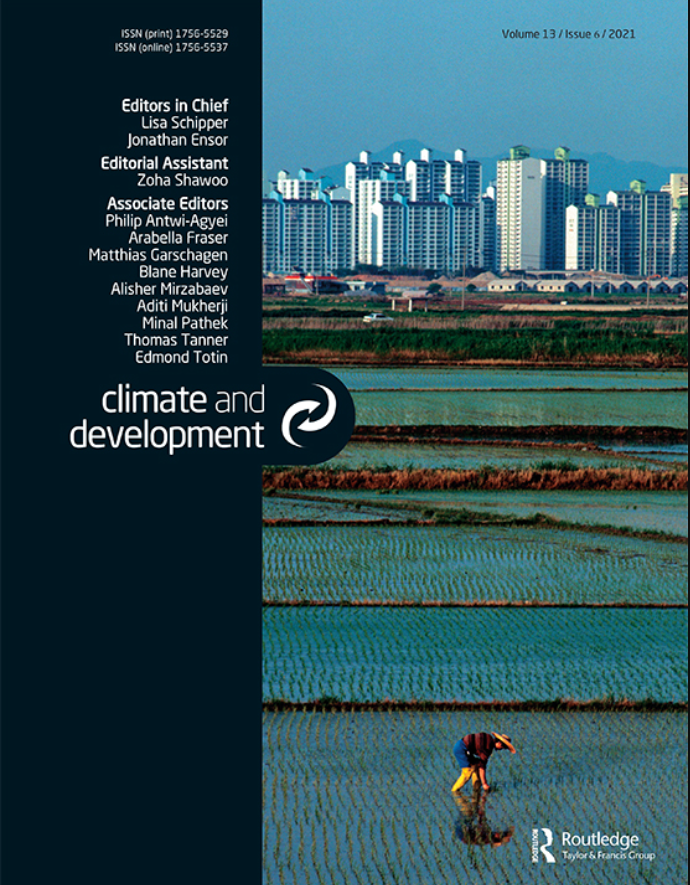
Associate Professor Winston Chow has been busy publishing and speaking on Covid-19 and urban climate resilience. Working with an international team of scholars, Chow argues that the current pandemic offers new learning opportunities to understand the complex dynamics of vulnerability and systemic risk in cities. Vulnerability – whether to Covid-19 or to climatic changes – is often linked to issues of poverty, social cohesion, and local leadership and thus recovery and renewal to either factor ought to be viewed in tandem.
You can learn more about his and his colleagues work here in their latest article: Mark Pelling, Winston T. L. Chow, Eric Chu, Richard Dawson, David Dodman, Arabella Fraser, Bronwyn Hayward, Luna Khirfan, Timon McPhearson, Anjal Prakash & Gina Ziervogel (2021) A climate resilience research renewal agenda: learning lessons from the COVID-19 pandemic for urban climate resilience, Climate and Development, DOI: 10.1080/17565529.2021.1956411 https://www.tandfonline.com/doi/full/10.1080/17565529.2021.1956411
Both Chow and the lead author, Mark Pelling, have both been heavily involved in researching and writing the latest 6th Assessment Report from the Intergovernmental Panel on Climate Change (IPCC) Report, on the area of cities. Chow was recently interviewed about the findings of the report for CNA’s ‘Climate Conversations’ series. The report quite clearly reveals just how human influence has, and will, affect global temperatures and the likelihood of extreme weather events, including heatwaves, wildfires, and droughts. It also shows a rapid pace of change, one that far exceeds assumptions presented at the 2015 Paris Agreement of a max 2 degree Celsius threshold increase.
You can listen to the full interview here: https://www.channelnewsasia.com/listen/climate-conversations/climate-change-ipcc-singapore-2124841